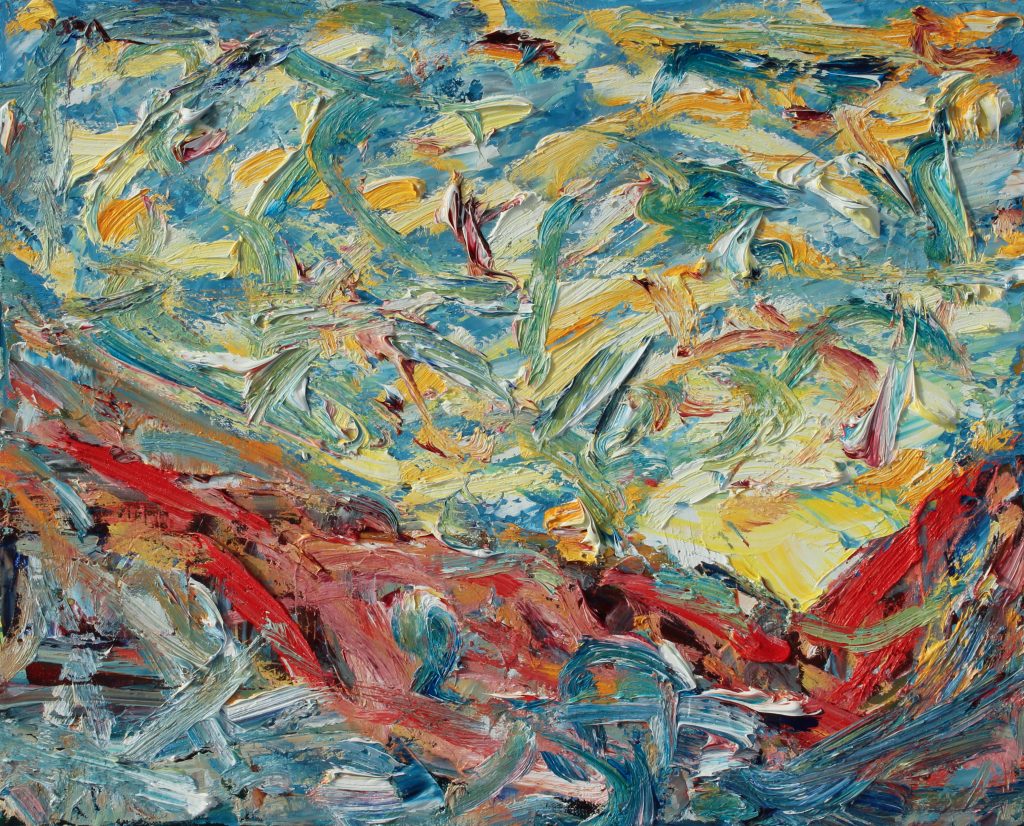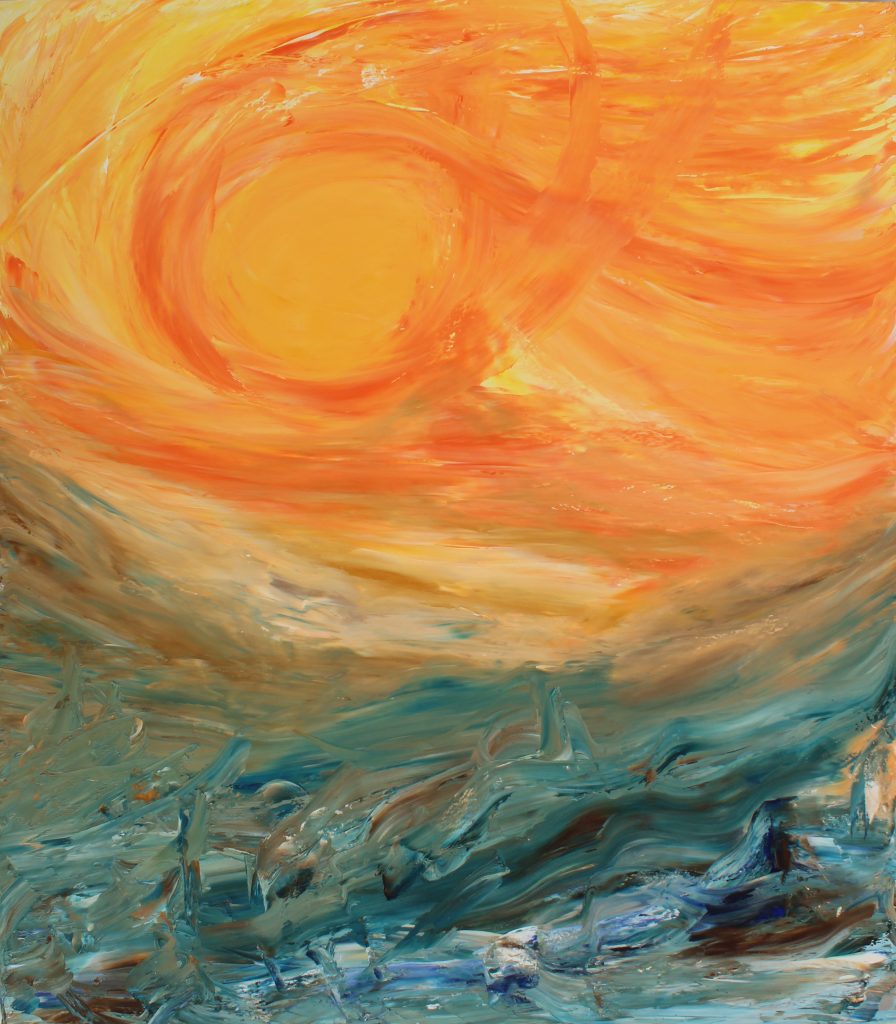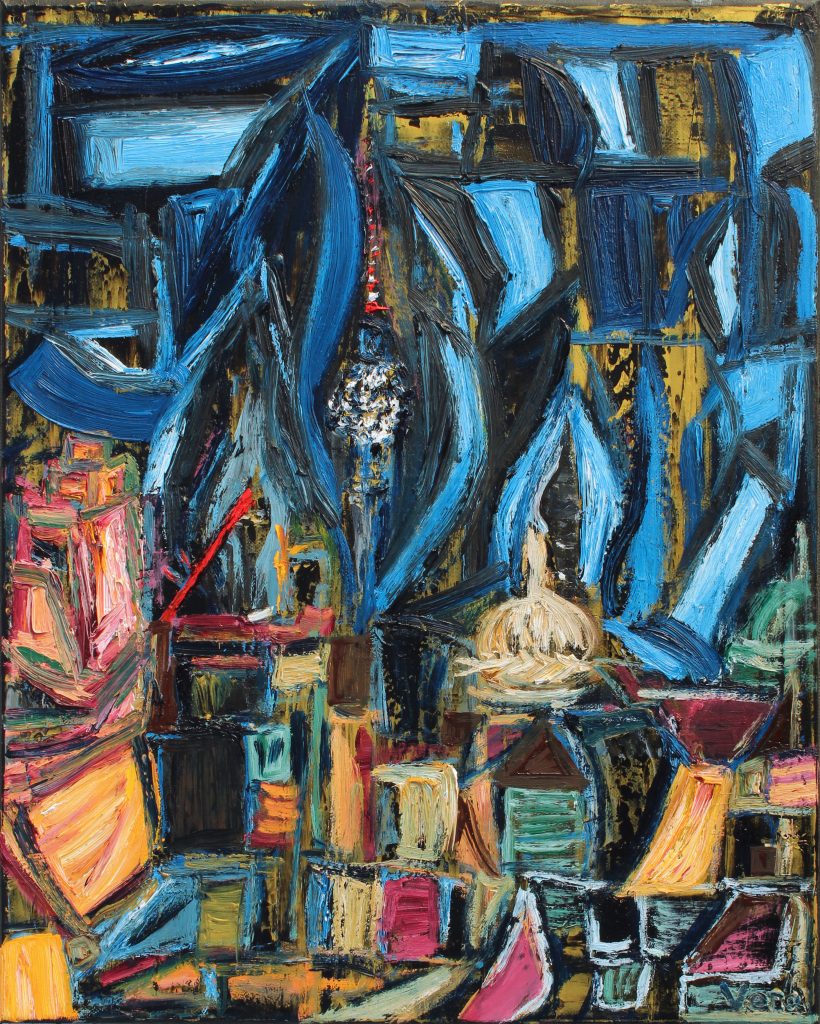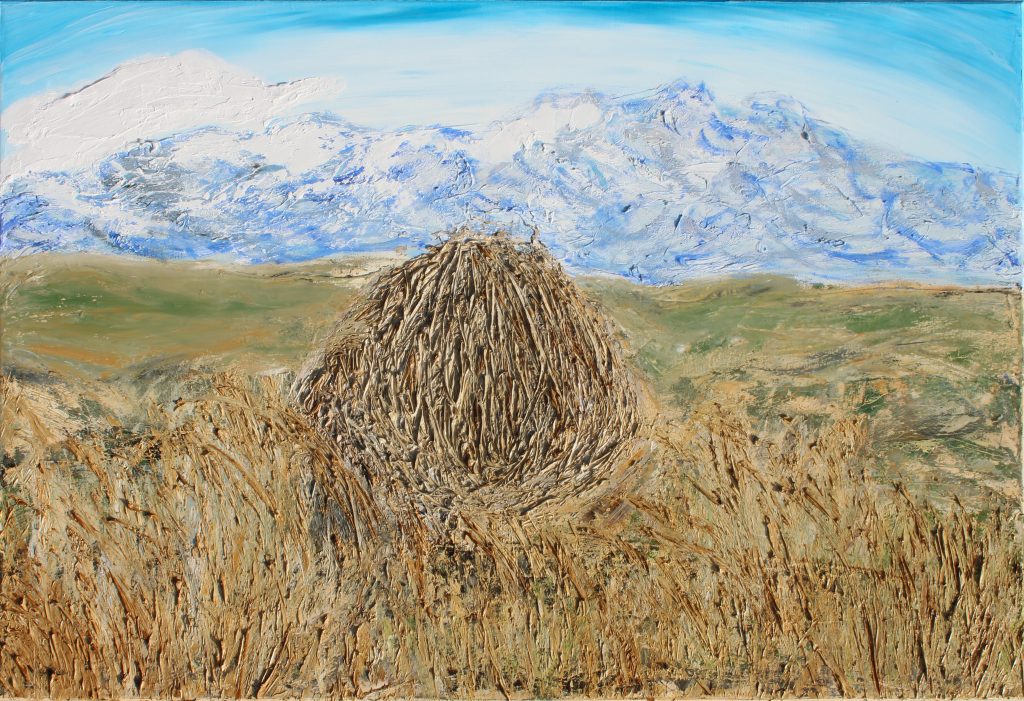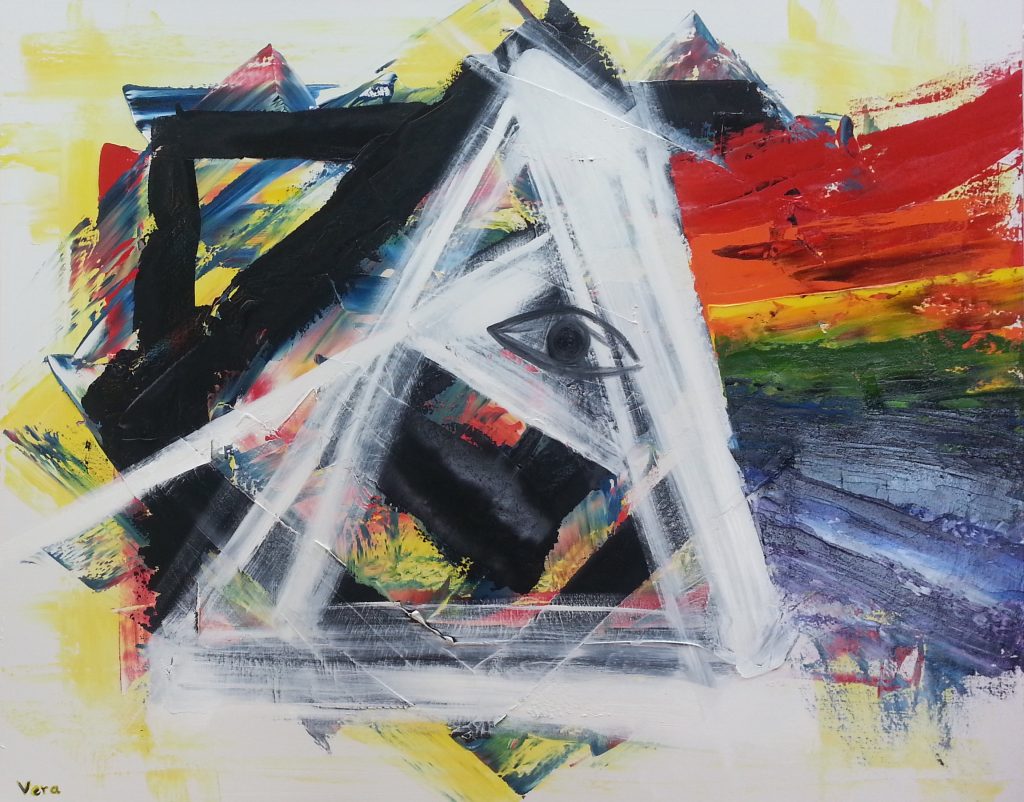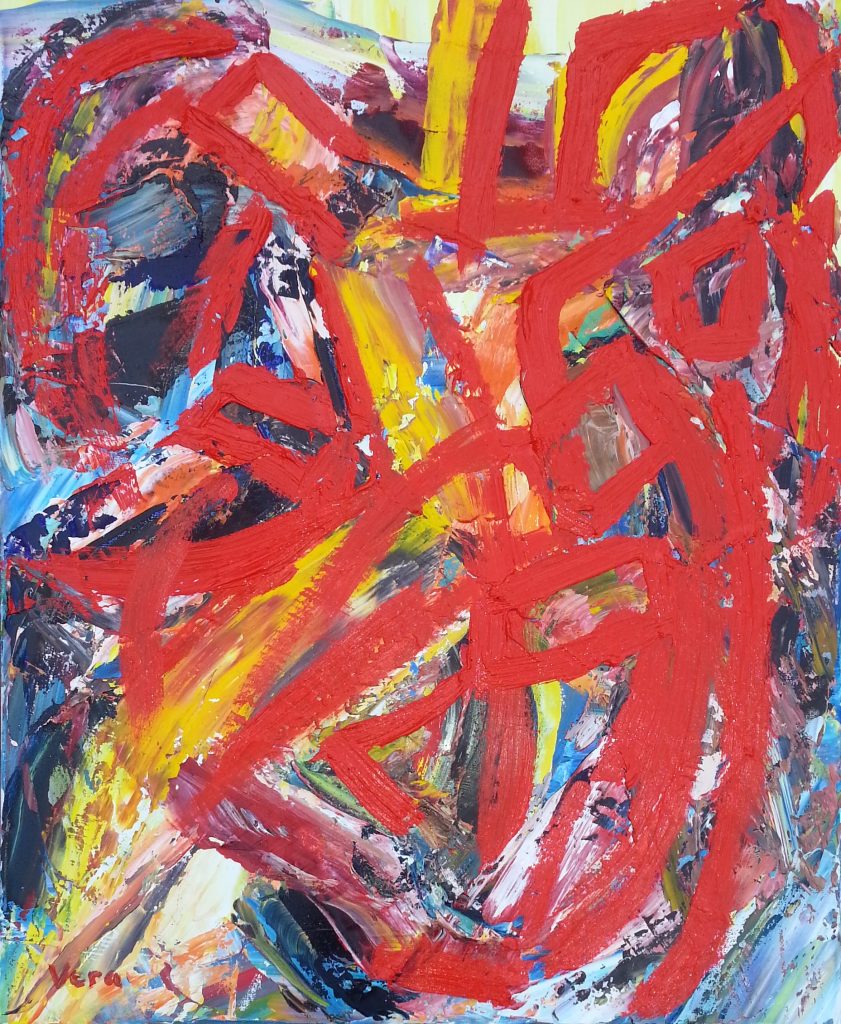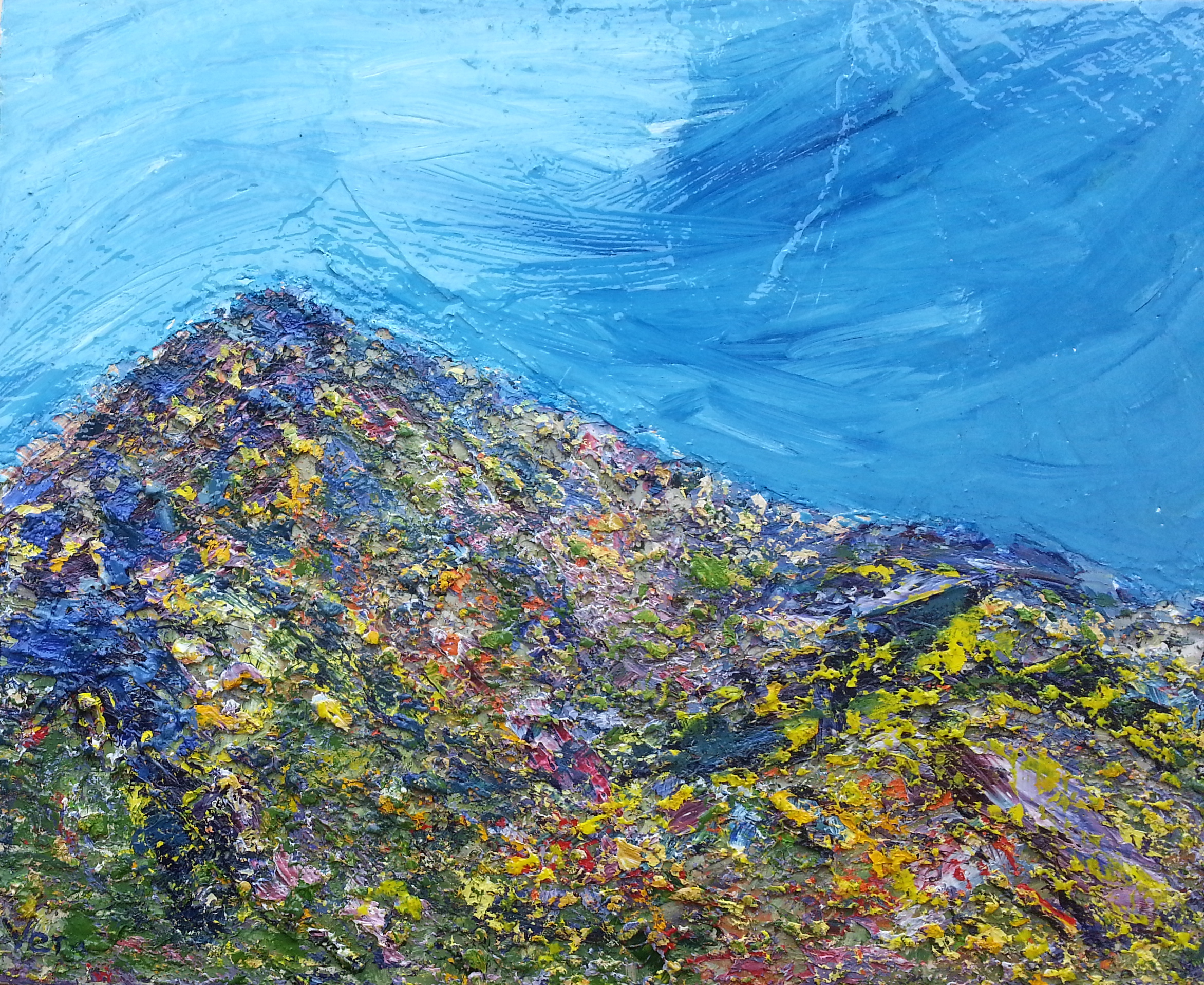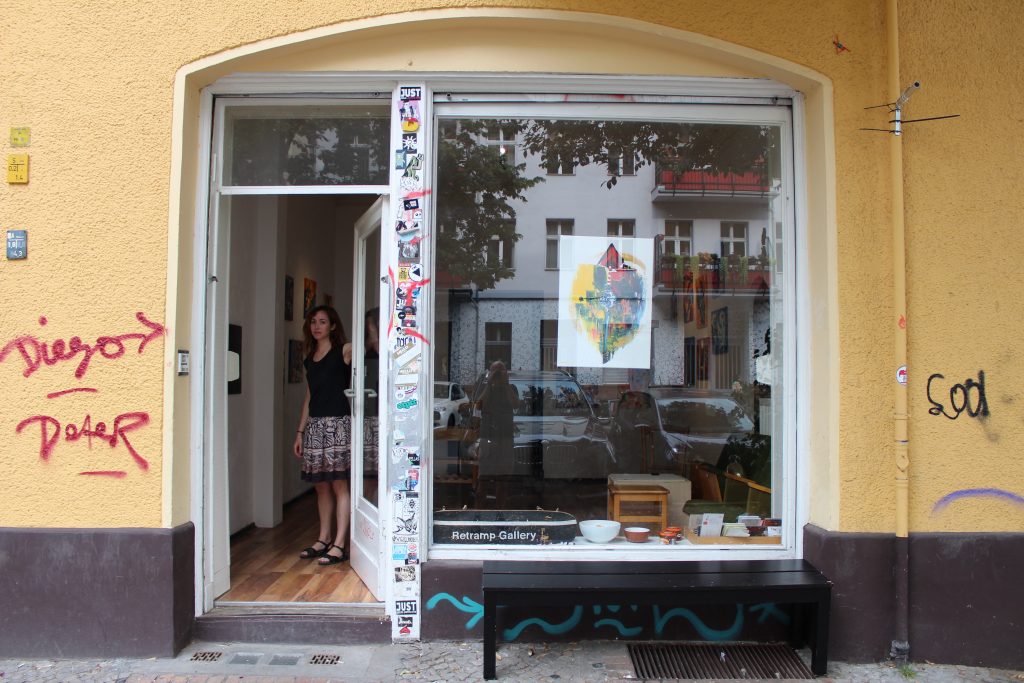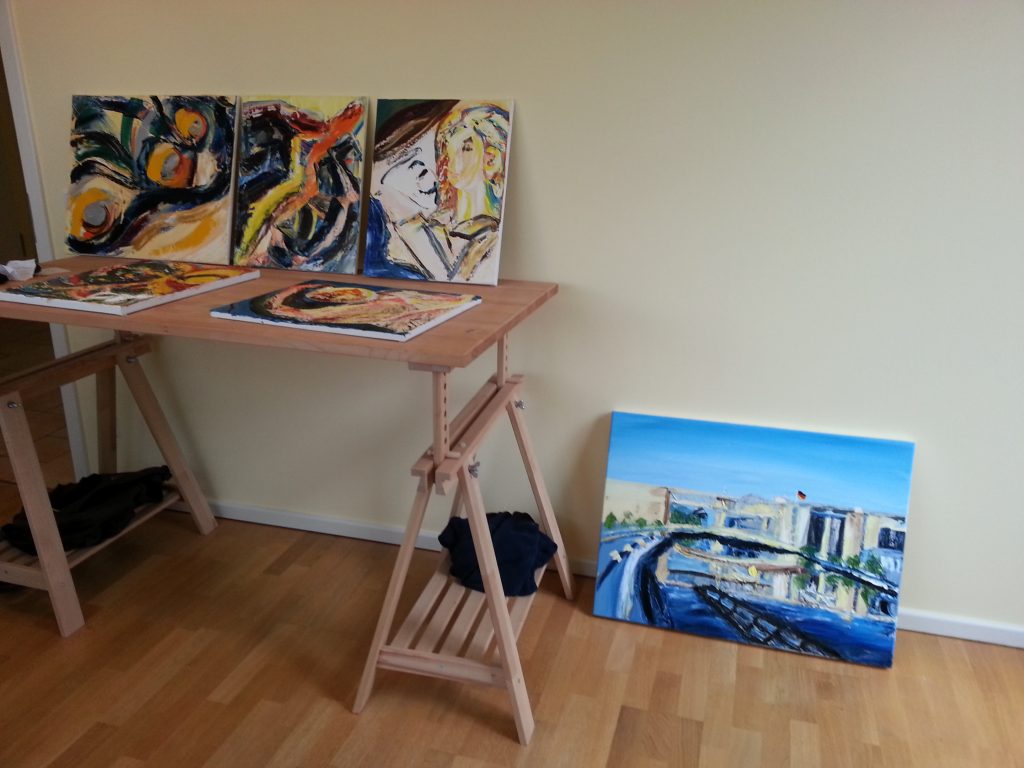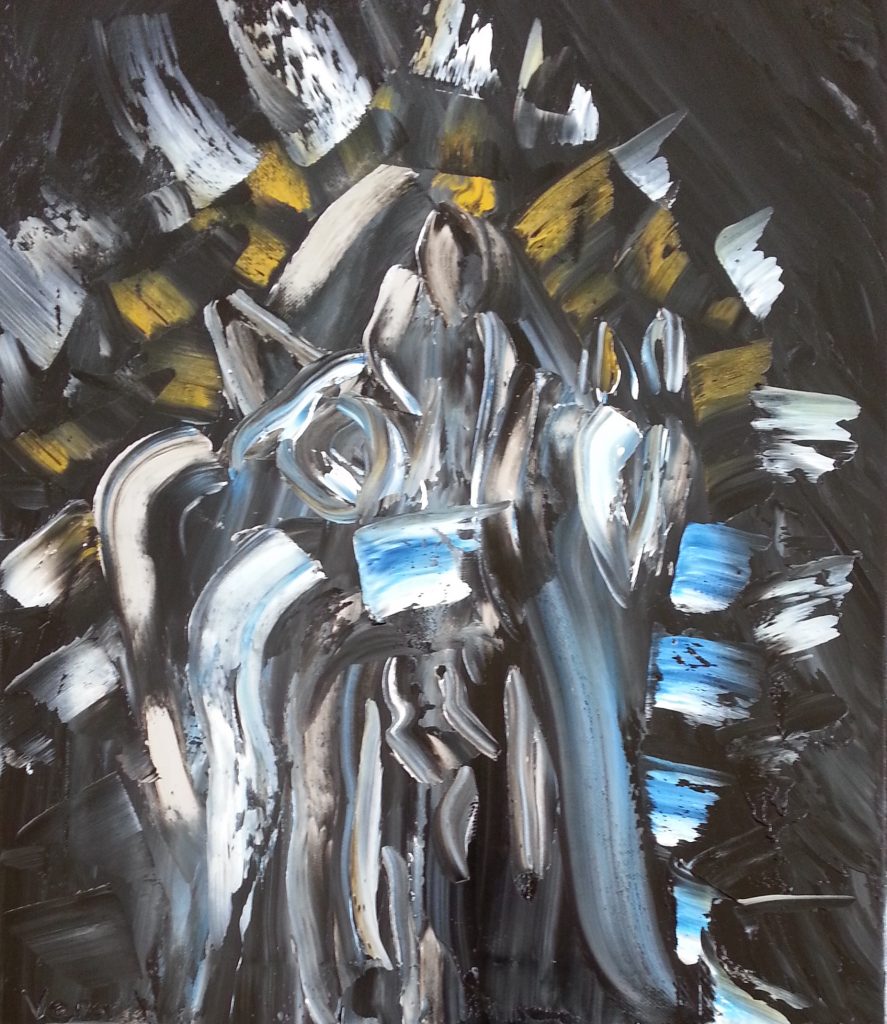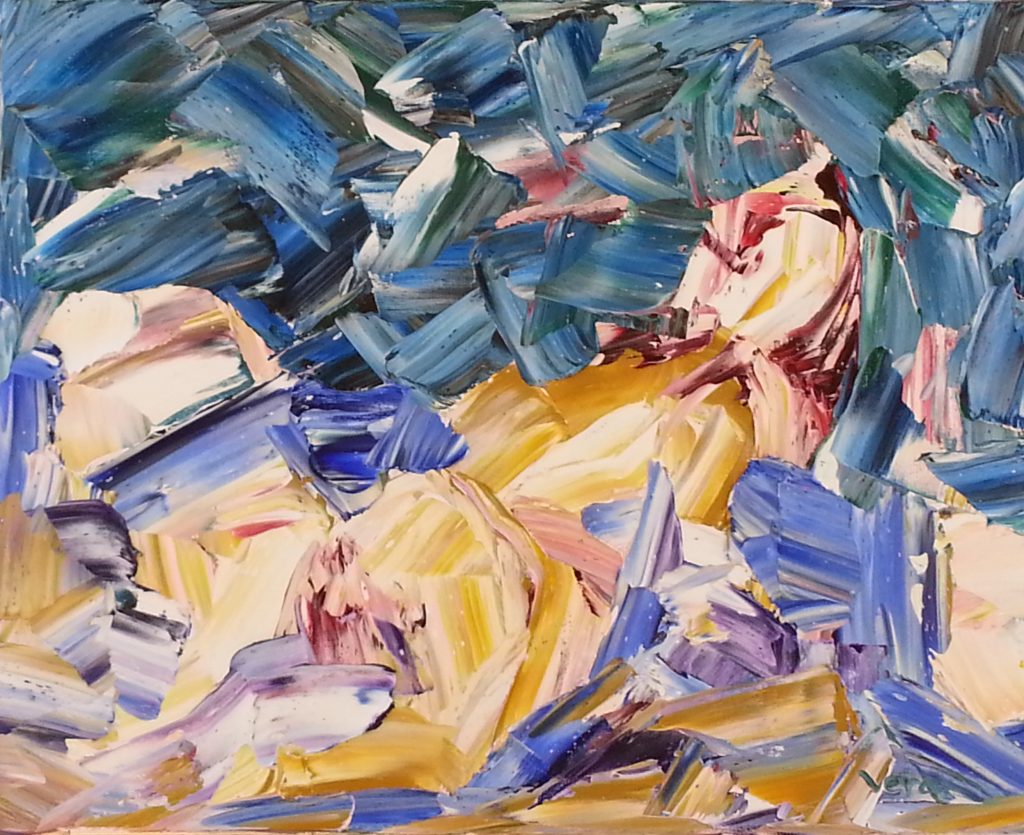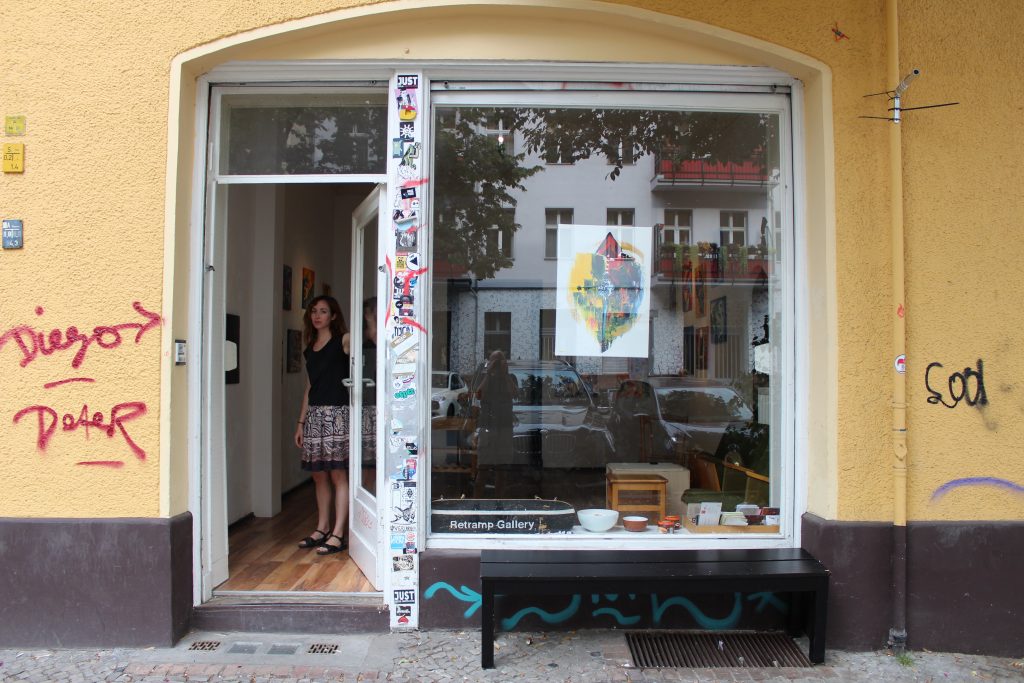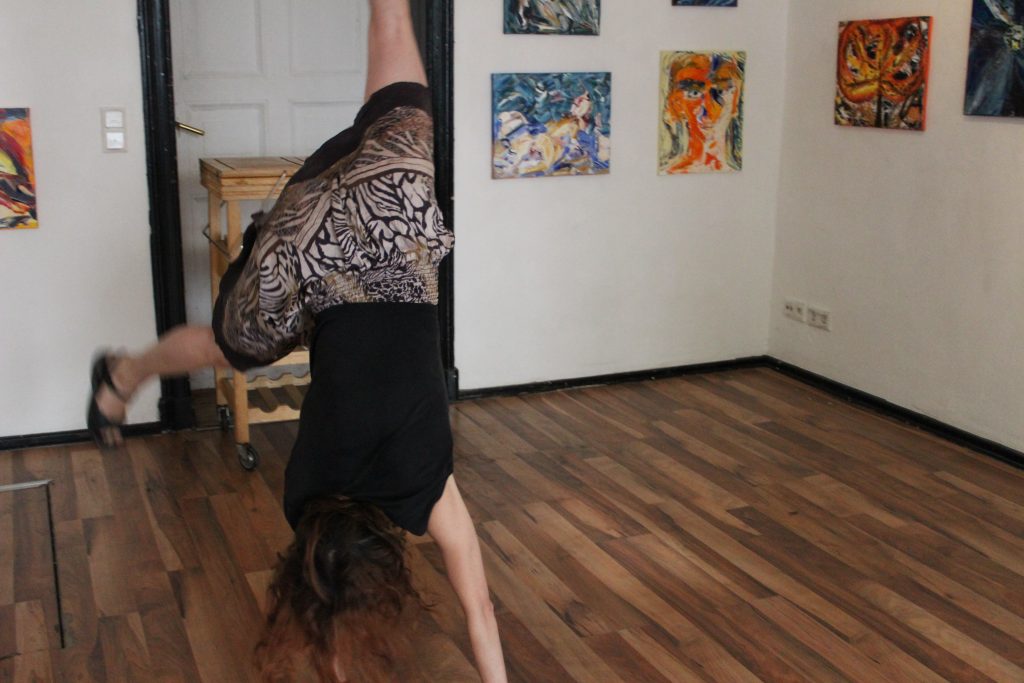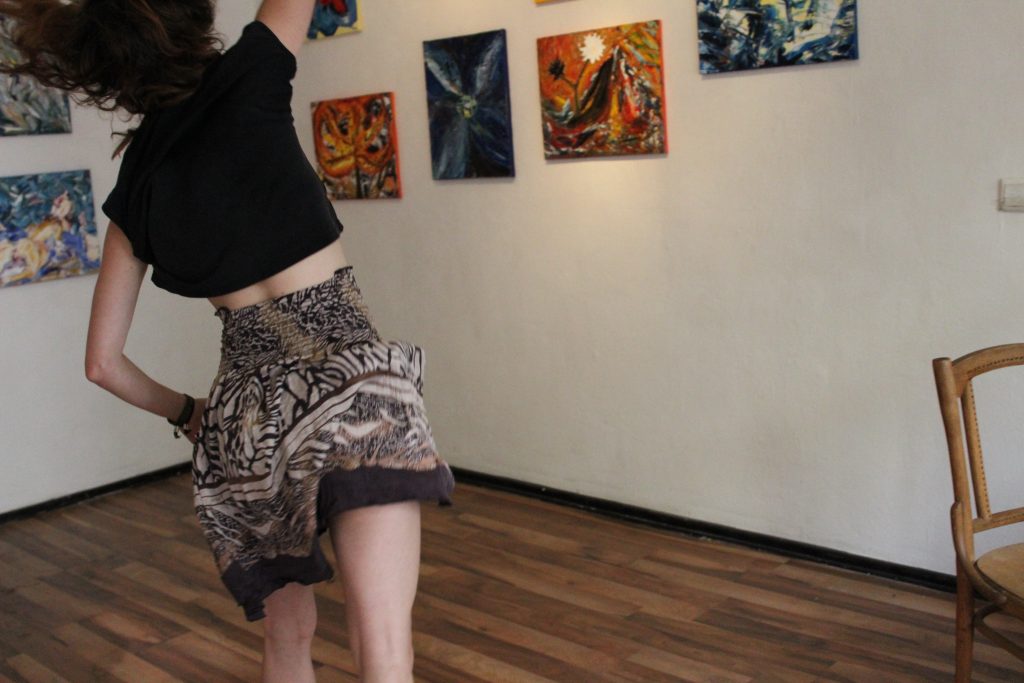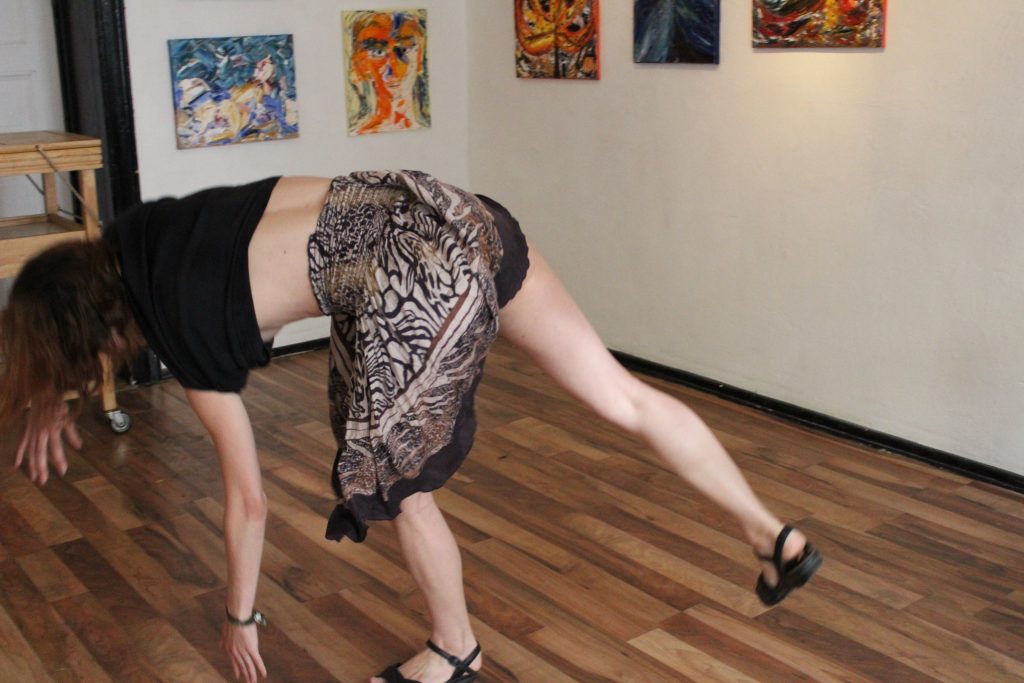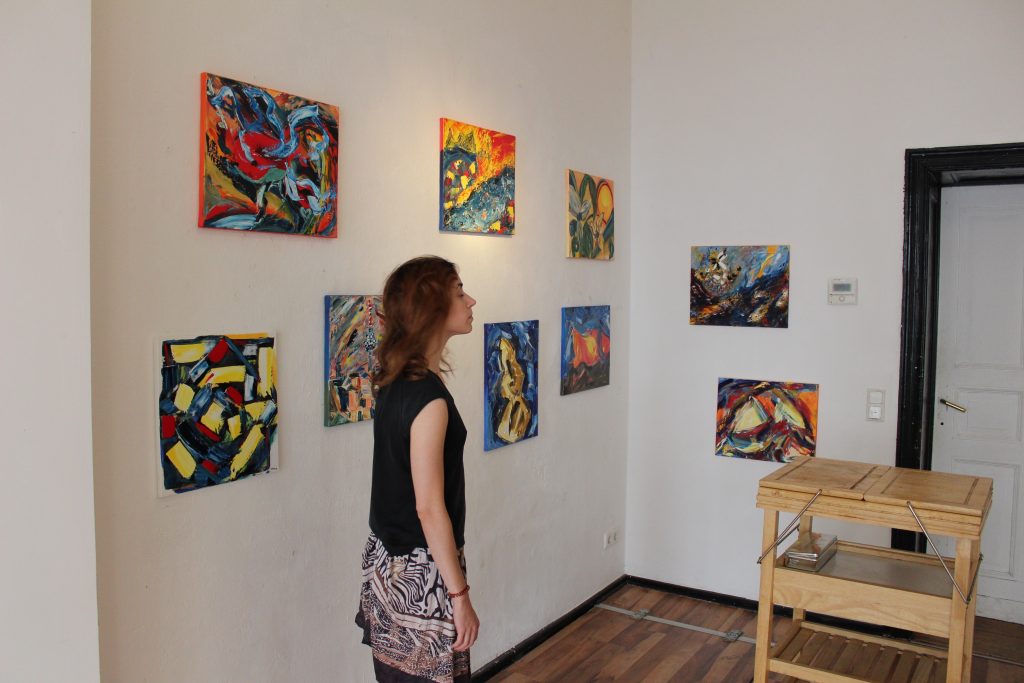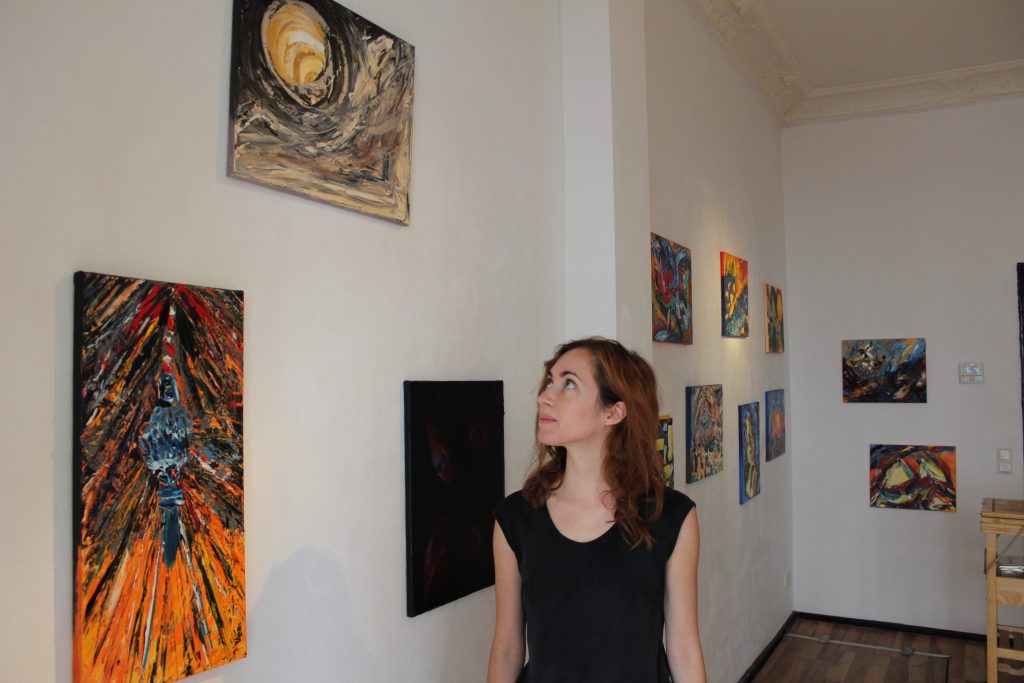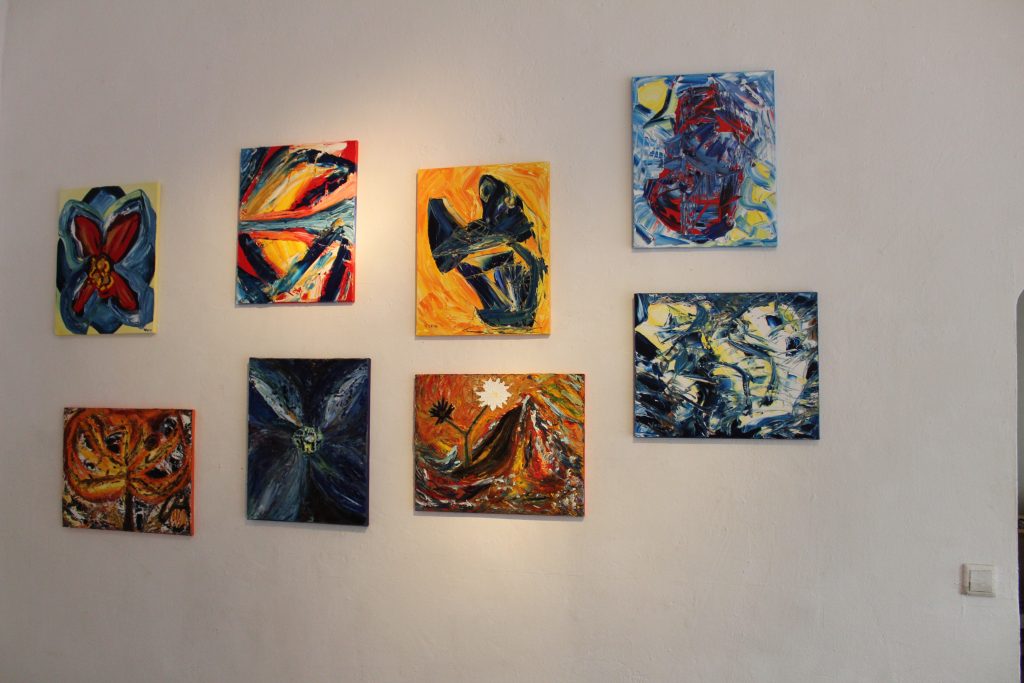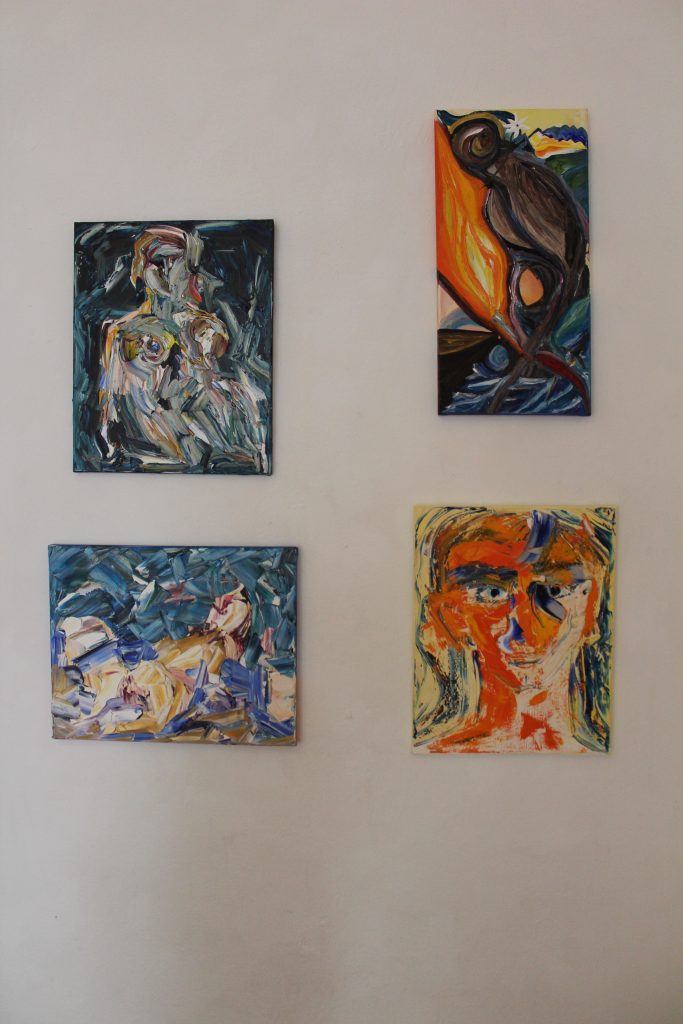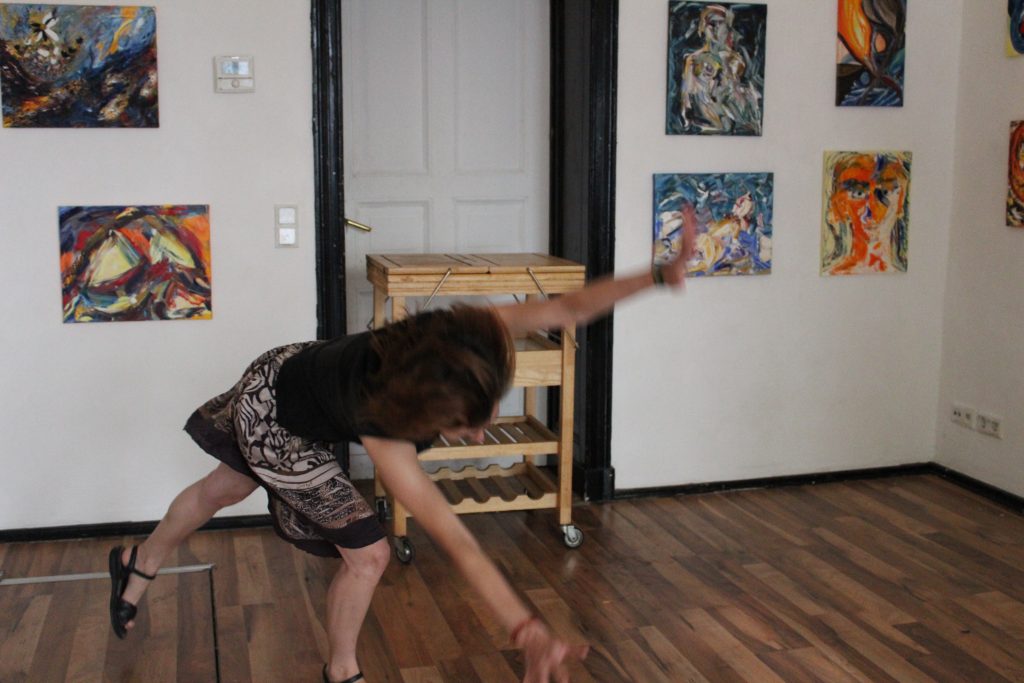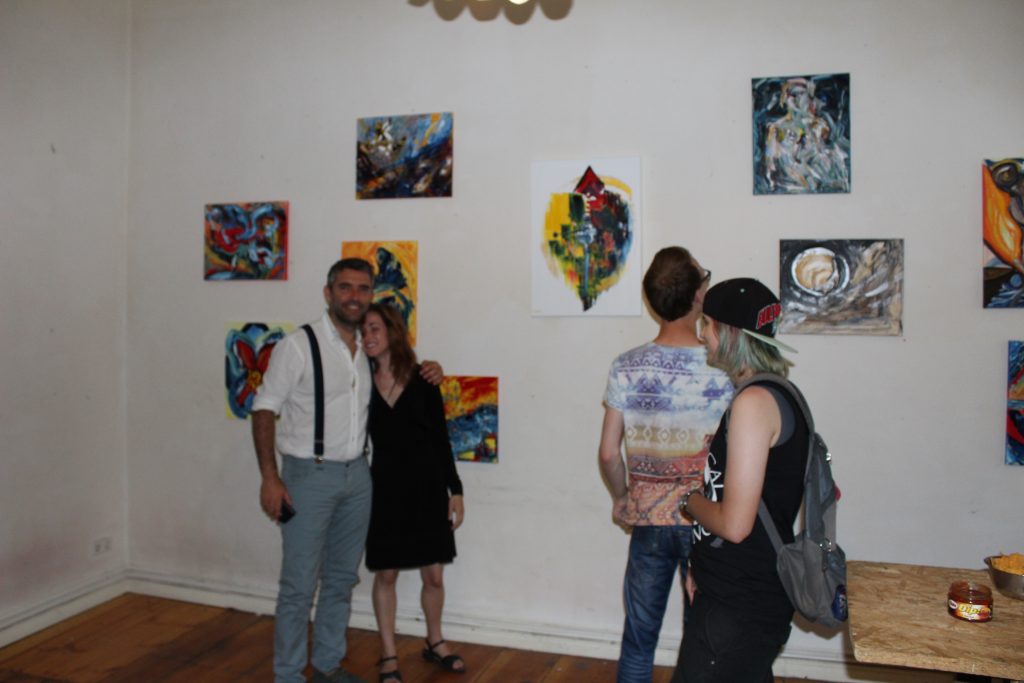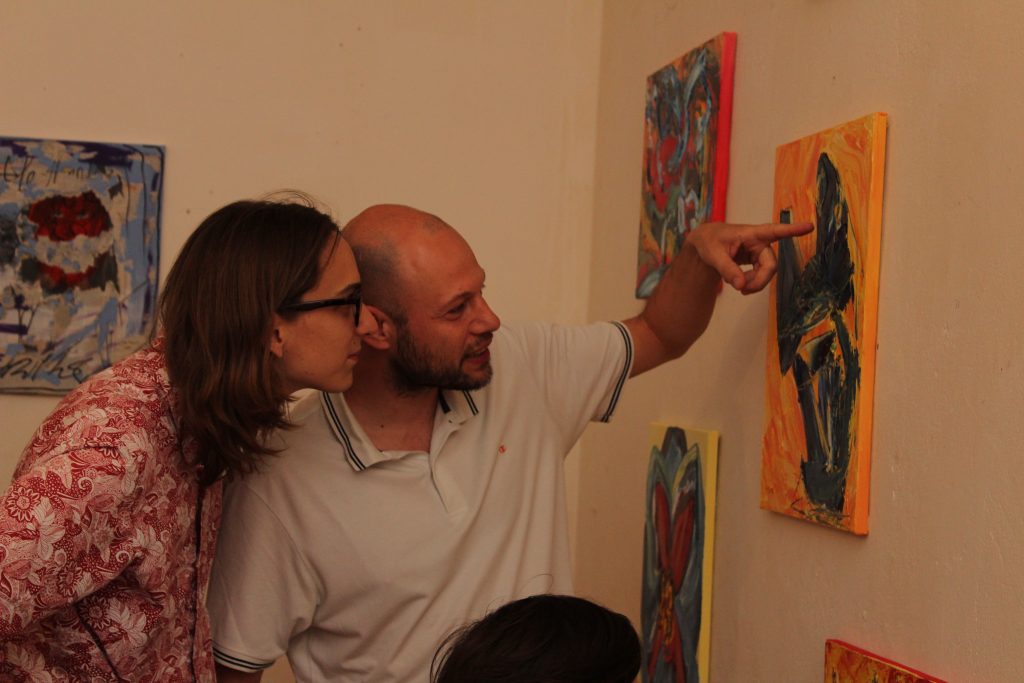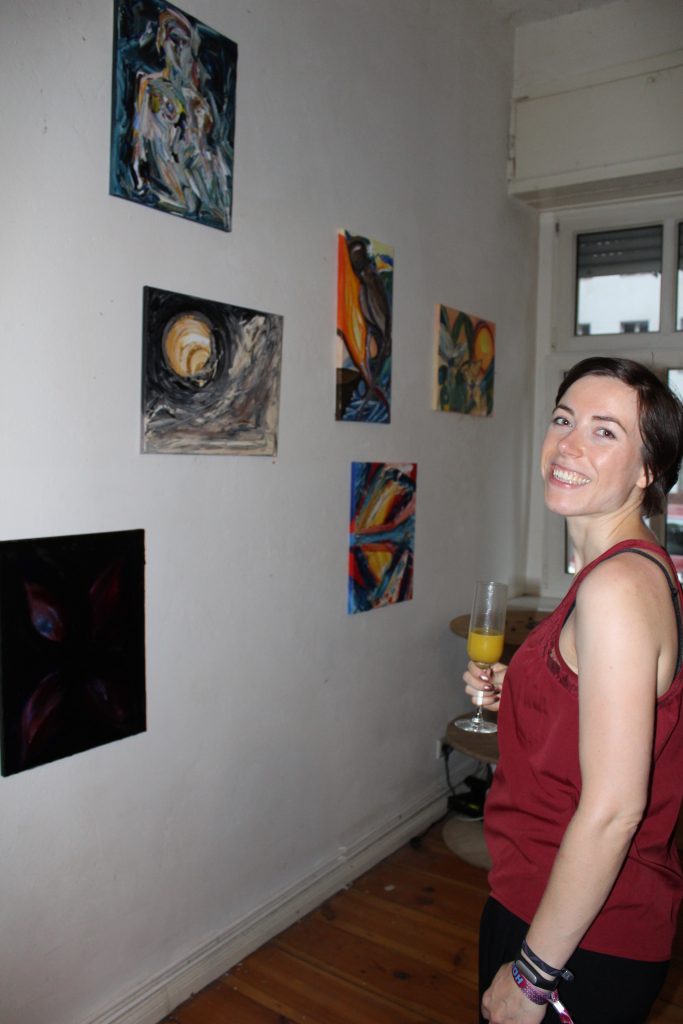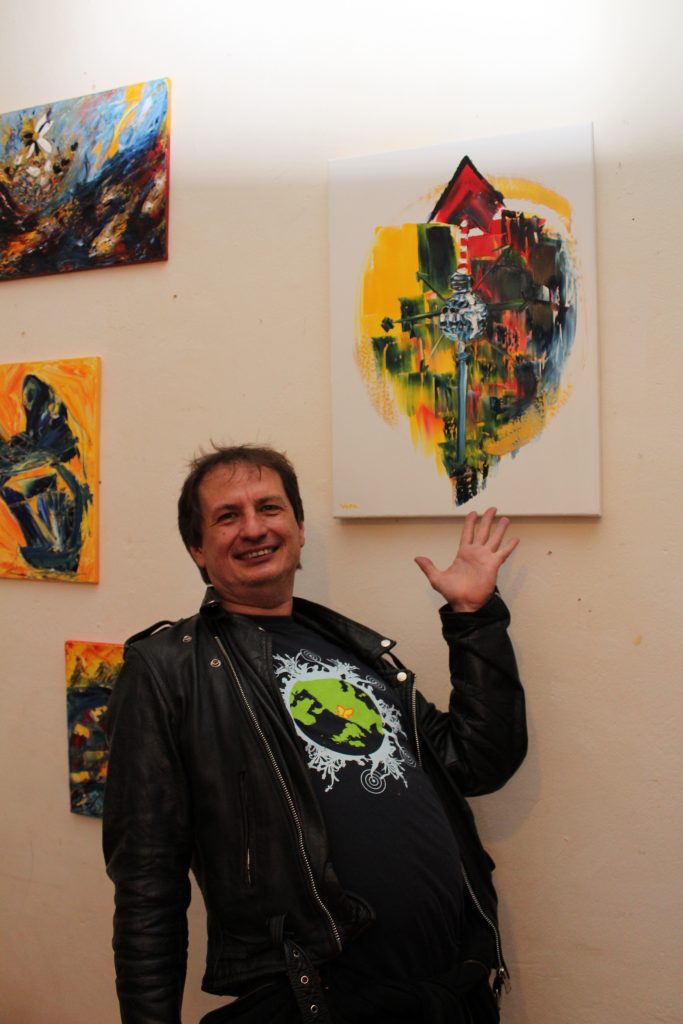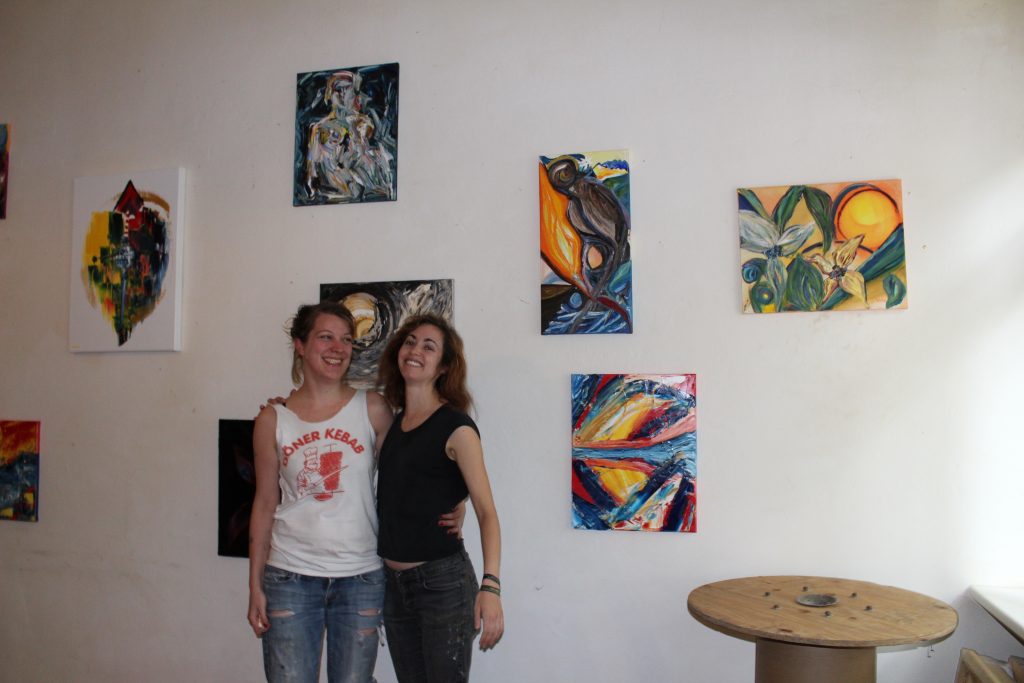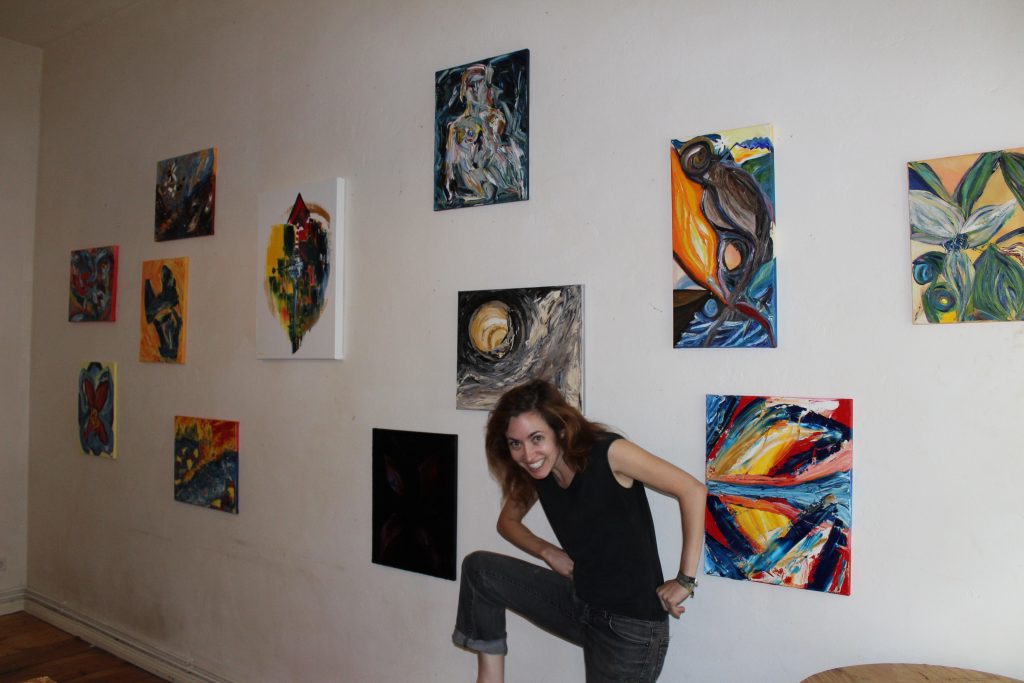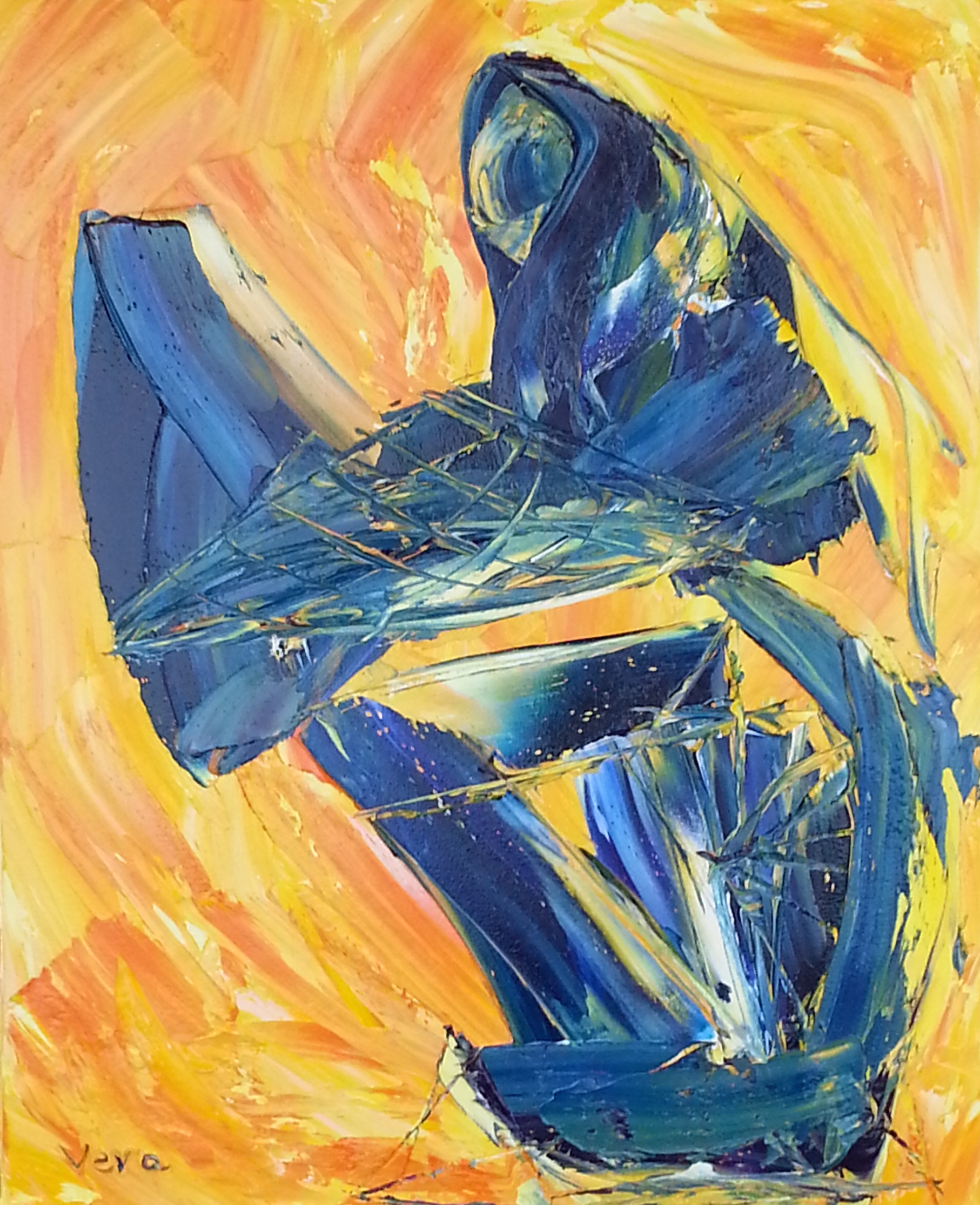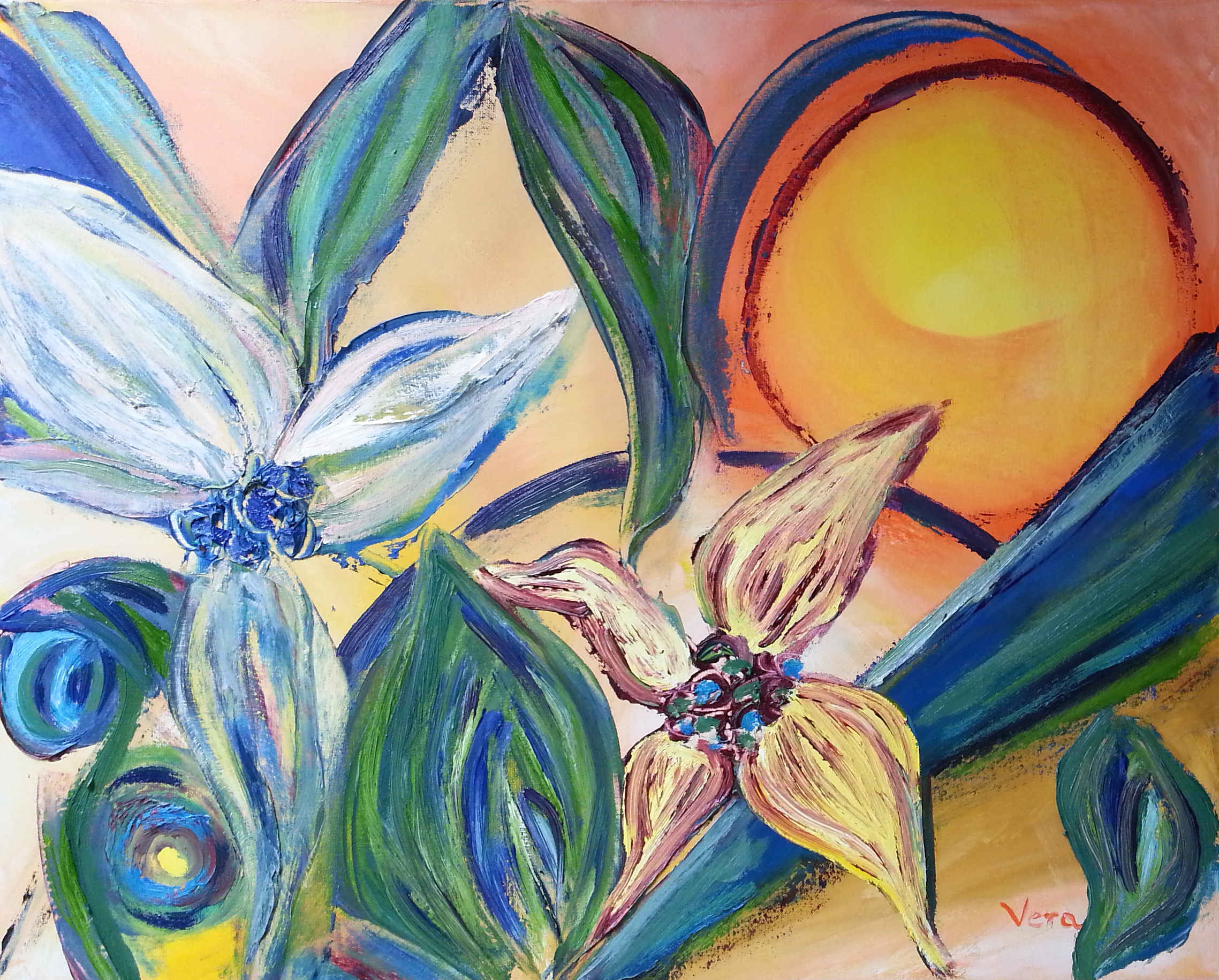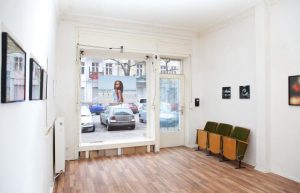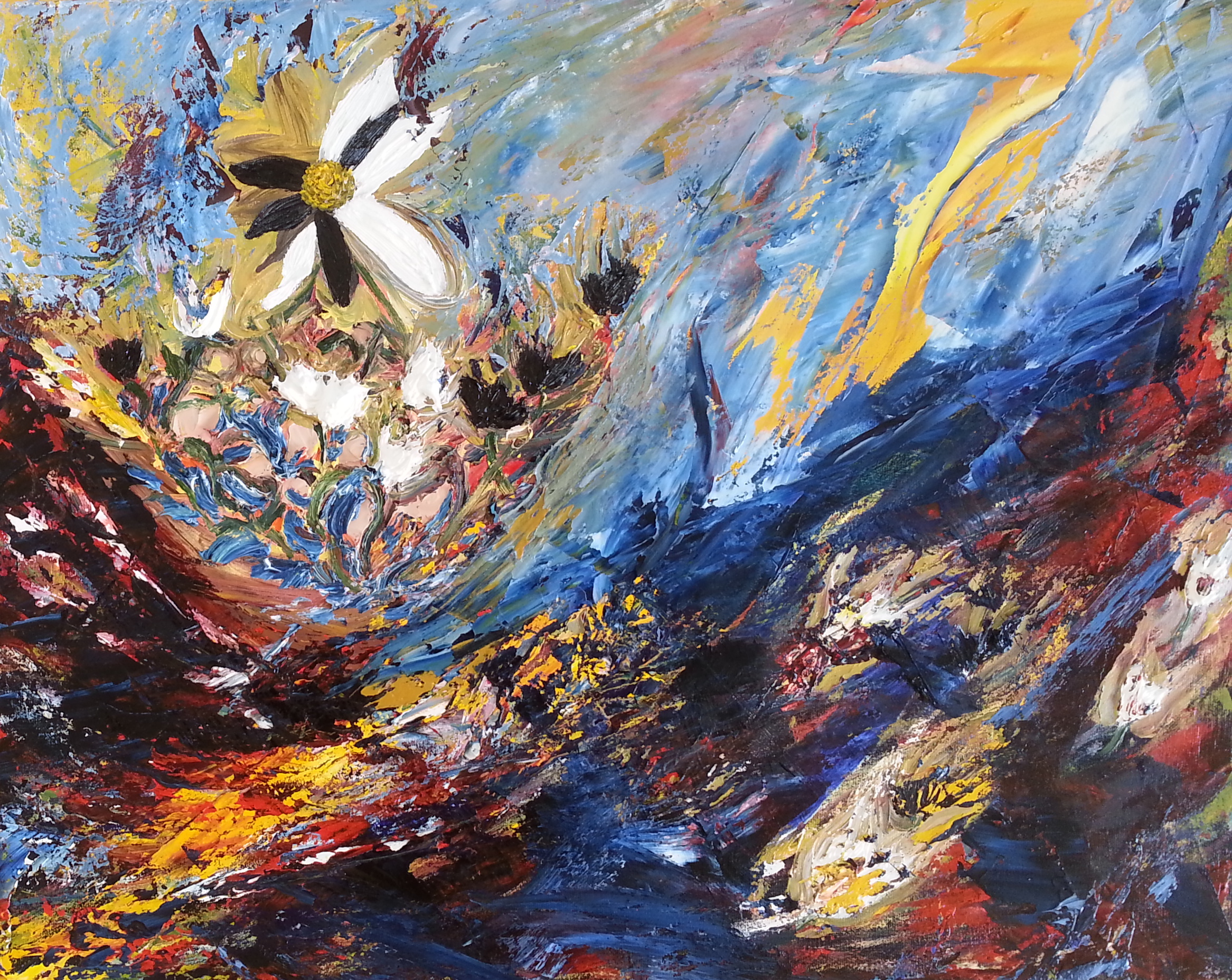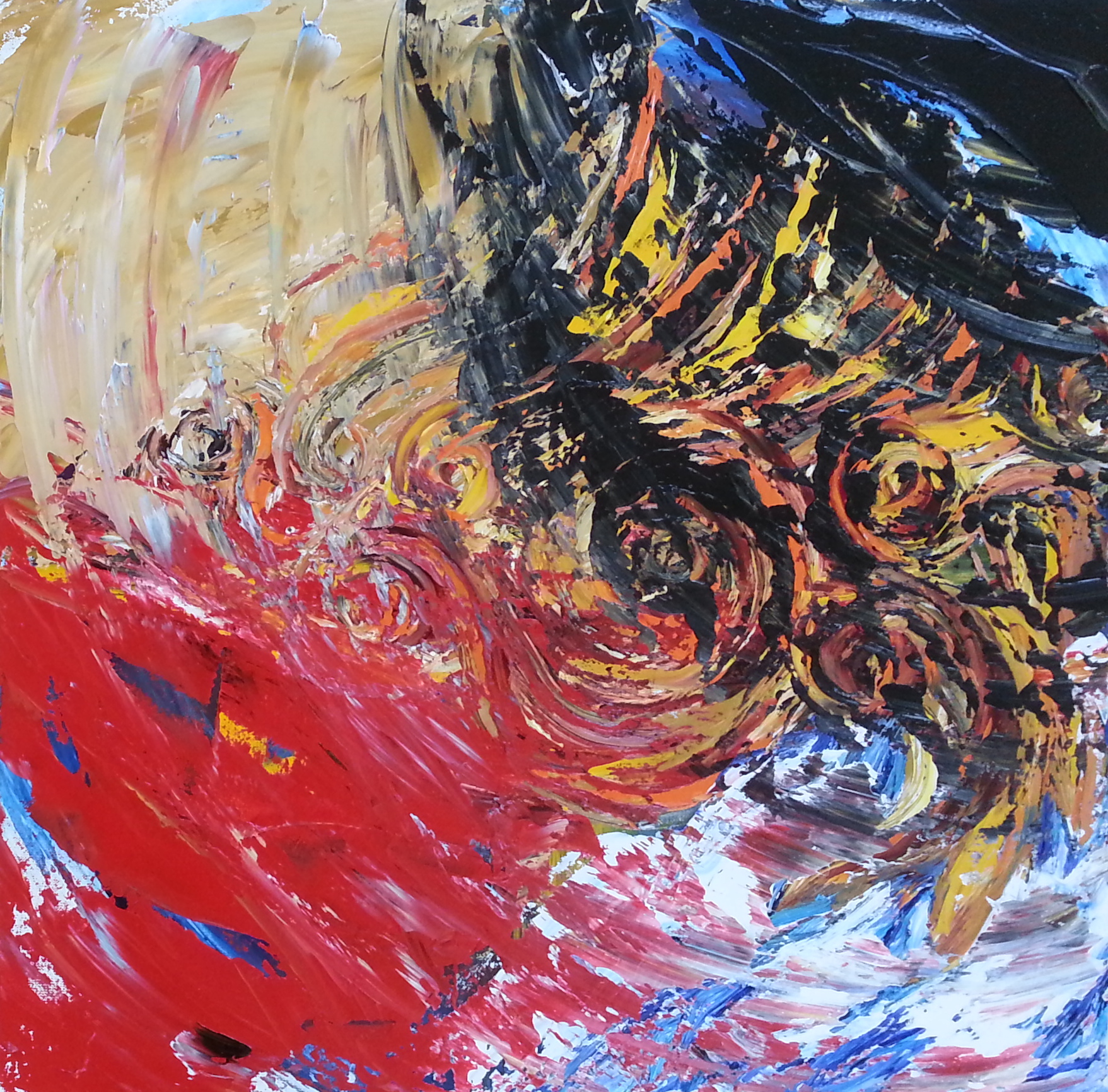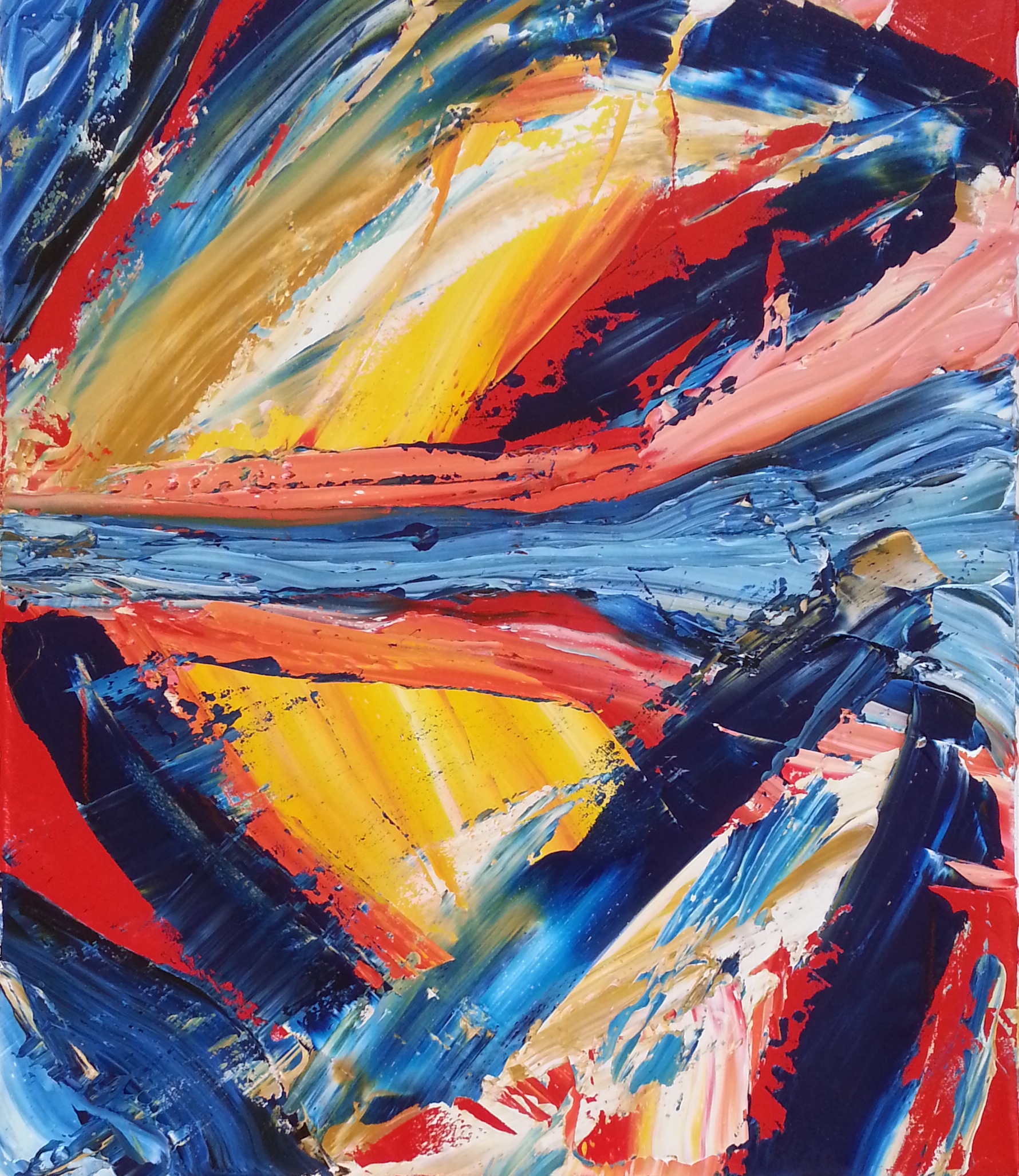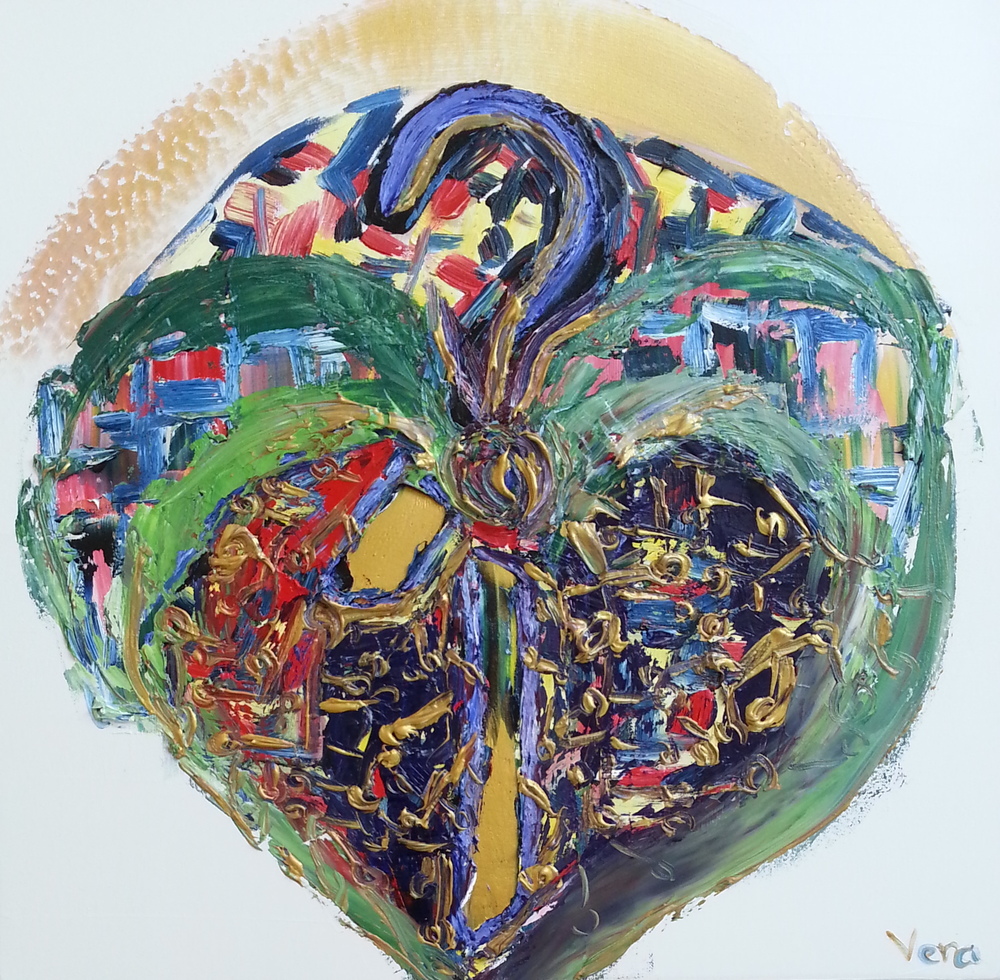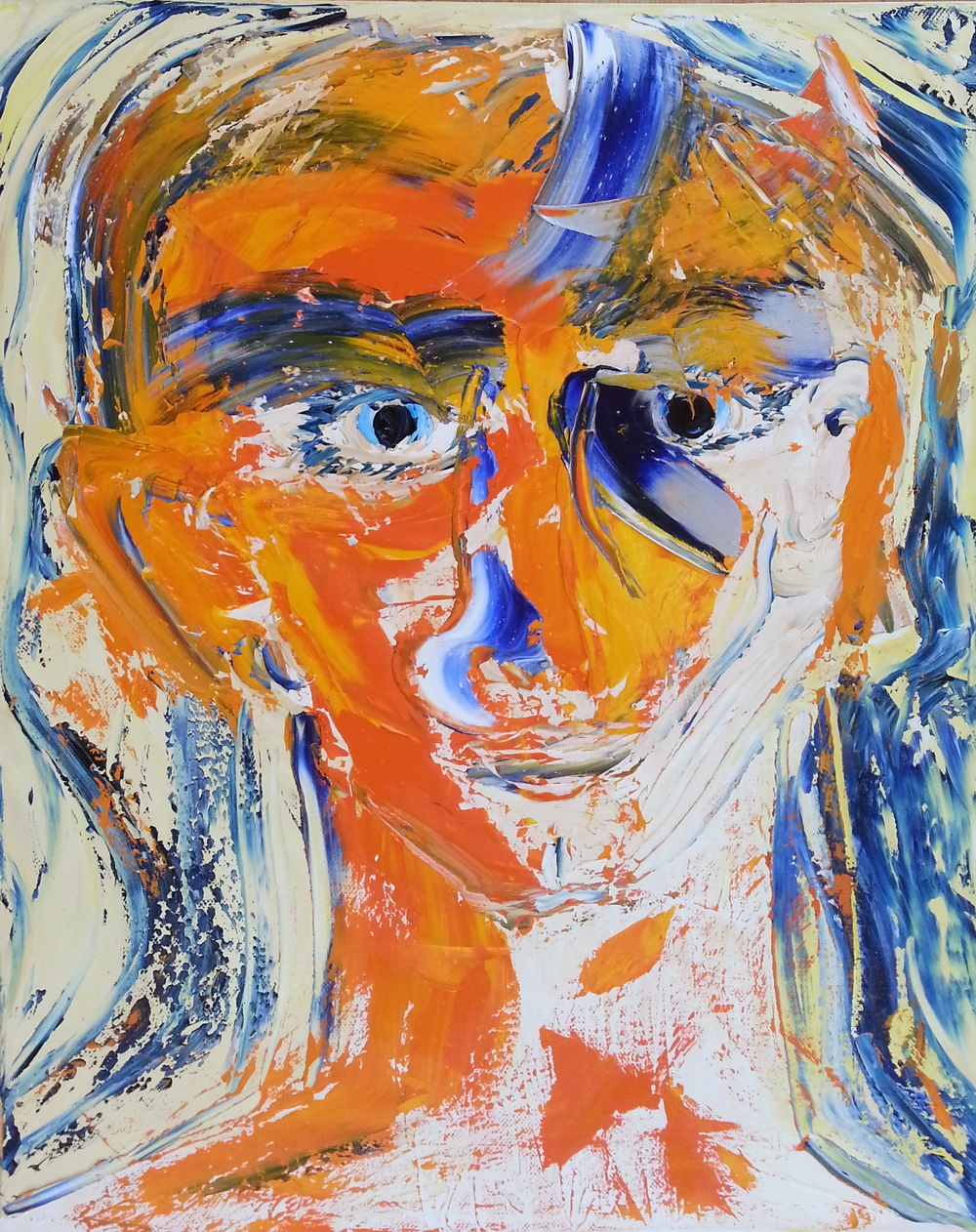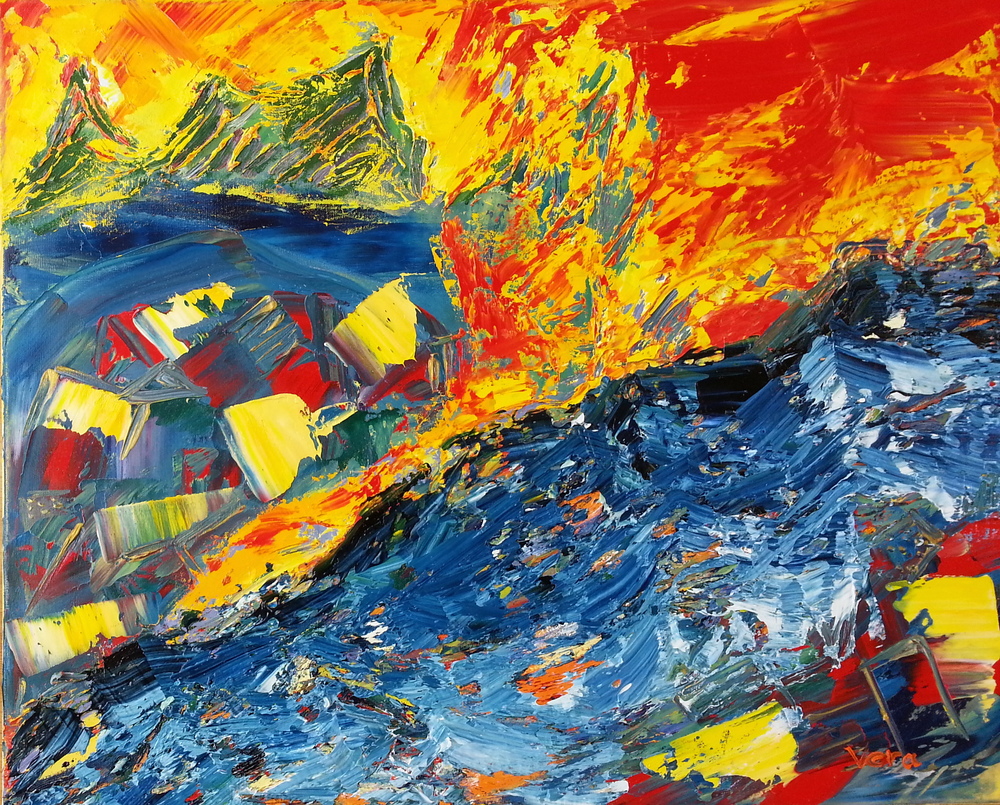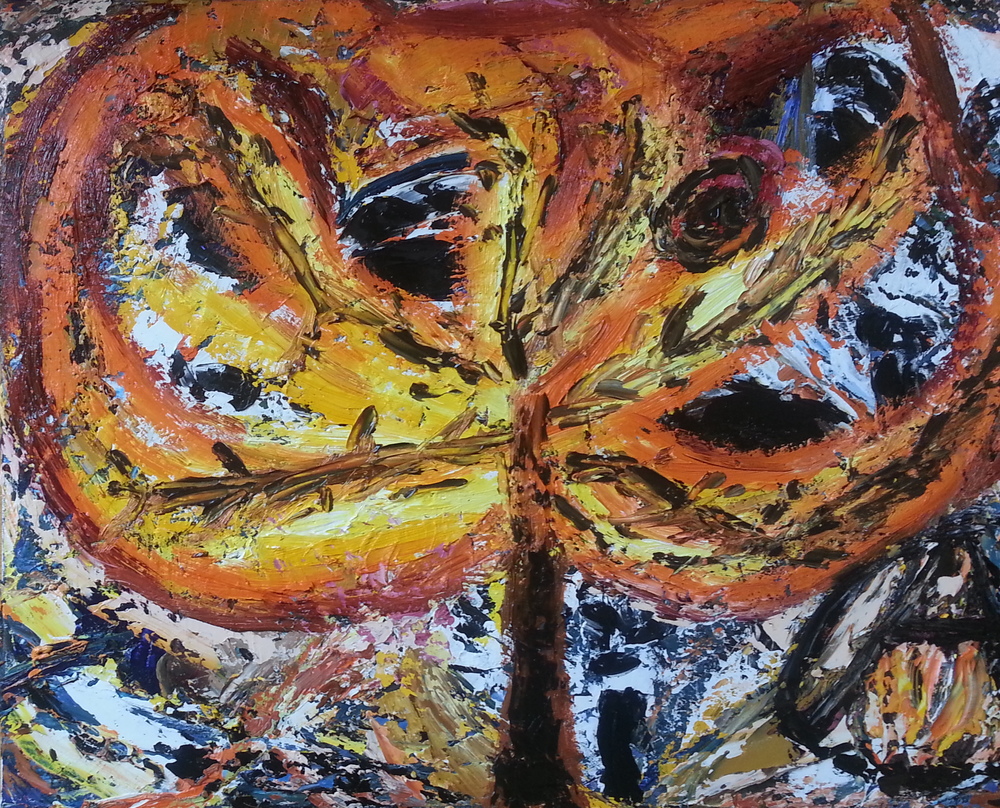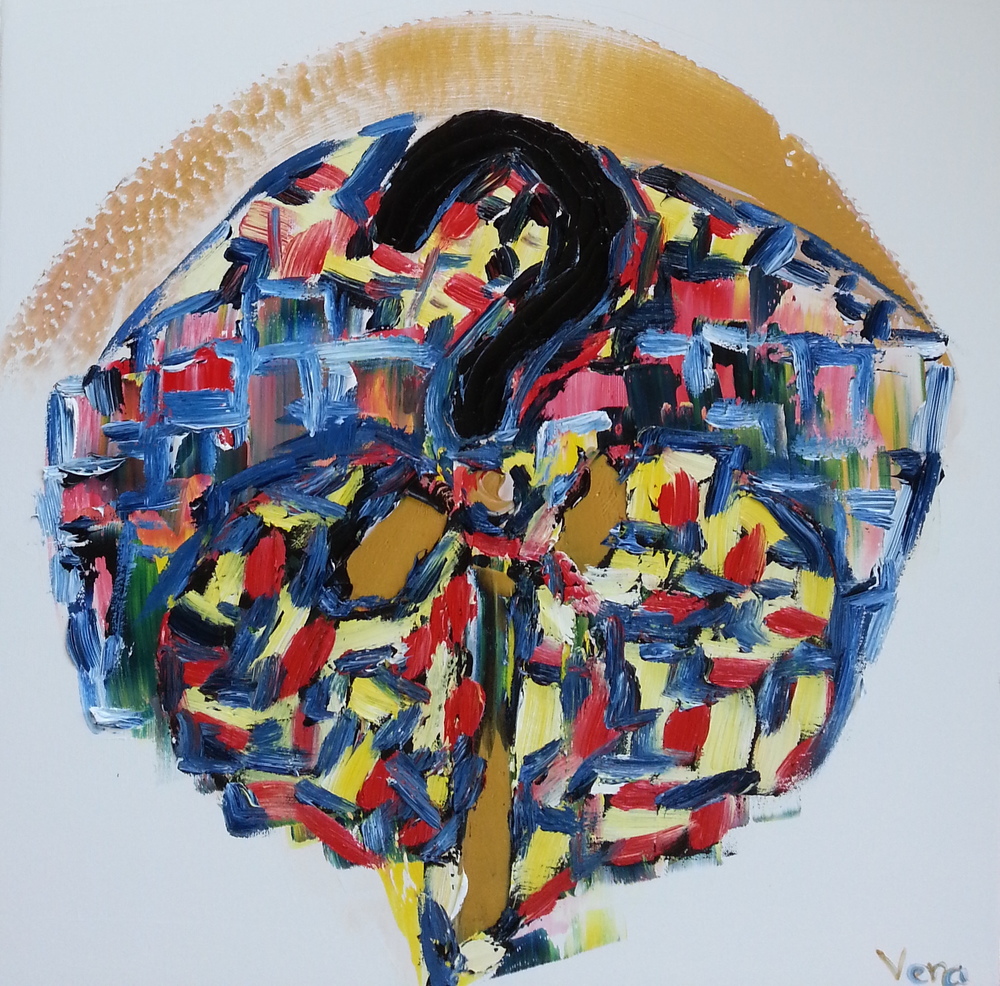
This is an essay on how I’m not voting this Tuesday in what some call an historic U.S. Presidential election, even though I hold American citizenship—and a Ph.D. in American Politics. I wrote it on Nov. 2 (All Souls’ Day), and decided it was unpublishable in the current climate. Then I re-read Noelle-Neumann on the “spiral of silence” and re-listened to “Sound of Silence” (a few dozen times). Noelle-Neumann theorized that fear of isolation and other isolating reprisals (such as loss of job, professional network, friends, housing, education…) would tend to keep most people silent once the terms of the discourse are set, especially if the discussion has an emotional, moral tone—and most people disagree with what is being said. This creates a spiral of silence wherein the powerful can set the terms of the discourse by speaking first, because reasonable people might then be afraid to say what they think.
Basically, Simon & Garfunkel—as usual—were right: “ ‘Fools’ said I, ‘You do not know./ Silence like a cancer grows.’ ”
It first occurred to me that I was a Romanian hacker—like Guccifer, the guy who helped expose Hillary Clinton’s use of a private email server for classified information—on the last day of Día de Muertos, All Soul’s Day, seven days before the U.S. Presidential election of—well, to be honest, we don’t know yet, it’s just occurred to me today. I’m fantasizing about what it will feel like when it comes, if it comes to pass. But today is not meant for fantasizing about the future. Today is for commemorating the dead, especially in one’s family.
Most of them are strangers to me, as is always the case, but moreso. My grandparents lived in Florida when I was growing up in Alabama—or so I think, having lost contact early on—and had all died by the time I was twelve or thirteen. What they failed to leave me in inheritance, family history, and apparent genetic longevity, they made up for in having been demonstrably European. My mother’s family is no help, being in turns British, Welsh, Dutch, and Scottish—mostly outside the current Schengen Area of freedom to move, live, and work in most of Western Europe. Besides, they were Protestants who were not chased off the Continent by Stalin, Hitler, or their shadows. But my father’s family took enough shit to be of possible use.
After fleeing persecution for being Jewish in Poltava (now in Ukraine) and Romania—making me possibly eligible for European citizenship today—at least some of them must have settled in New York City. Growing up in the Bronx, my granddad must have seen enough poverty and suffering to become a card-carrying Communist in the McCarthy Era. That’s what the New York University archive of his papers suggests, documenting his journey to Spain to fight Franco and fascism in the Abraham Lincoln Brigade, the first racially integrated military unit in American history. It was before the U.S. decided World War II was on, so risking your life to fight fascism was illegal. The adventure cost Abraham Lincoln Brigade veterans dearly. They were blacklisted.
So was I. Twice. The first time, when I was 20, was after the CIA had offered me a job as a counter-terrorism analyst. They subjected me to three lie detector tests that violated equal opportunity law—interrogating me about stuff like my loyalty to the President, sexuality, and sexual history—and then lied to Congress about not letting me file an equal opportunity complaint. I proved it in documents I later contributed to a national investigative series. But McClatchy later took down their polygraph cloud documents from the series, and my former Freedom of Information Act (FOIA) lawyer took down the documents we had obtained during my years of graduate research on technology and bias. Both sets of documents came down around the same time as my second blacklisting. I also fired my FOIA lawyer, in a conversation during which he called me sweetheart (I told him to stop), refused to use encryption when I asked, and laughed when we talked about how I might get killed, around that time—but he pretended not to notice.
I had changed my name and moved cross-country twice without telling anyone in my family. No one noticed except my mother, who I had fallen out with when she changed the locks on the house we shared when I attempted to move out after taking care of her for ten years. I haven’t seen my father in over 20 years. It’s not complicated. My family needs to be trapped in a spa together on really good drugs and talk out some shit. But they never will. And the fact that I’m willing to talk doesn’t mean I’m any good at it. So it took nearly a year and a half after getting on a plane with a backpack with no plans to return to the U.S., for it to occur to me that I might not have to worry about my visa to remain in Europe until I’ve lived in Berlin long enough to apply for permanent residency or citizenship. I might be eligible for citizenship where these nice dead people I never knew and know nothing about came from.
It’s a bittersweet realization in the context of the ongoing refugee crisis. It seems a cruel irony that I might be able to attain with a piece of paper from people I never knew, the European citizenship that thousands of people die every year trying to get in line for. But such reflection is itself a luxury. I would like to legally have a right to live and work where I live and work, beyond the temporary relief of living visa to visa. Without that right or that visa, I would find myself adrift again in the world—perhaps on a plane to Southeast Asia to teach English and volunteer-stay in hostels, or otherwise bouncing between being here—building my new life in Europe—and being where I’m formally allowed to be that is not the U.S.
Romania seems like a better bet than Ukraine. Despite what the Defense dodos in their infinite paranoia may have decided, I don’t work for the Russians. War is not exactly my cup of tea. I can’t watch gory movies or throw a punch in the neighborhood kickboxing studio. (I tried, froze up, left, and cried.) But Romania, other than being a place I have never visited and know next to nothing about, sounds lovely.
My prospective new country was one of the most infamous European bitches of the CIA’s torture and rendition program, along with Poland. And border guards in the capital of Bucharest have continued their collaboration with U.S. security forces in recent field experiments testing next-generation polygraphs as mass airport screenings. I’d like to stop those screenings from becoming widespread, because they stand to contribute to the deaths of millions of innocent people. I’d like to see high-level U.S. officials held accountable in a court of law for war crimes including torture. And I’d still like to be a ballerina-fairy-princess-bride, my amalgamation of Halloween costumes the last year my parents were married and we lived in a big, light and air-filled house on a sunny, one-acre plot full of dogwoods and bunnies.
My angel costume from this weekend is packed away neatly in the wardrobe of the master bedroom in the big, light and air-filled apartment I share with my partner. It had been over twenty years since I had dressed up for Halloween. I dress up more and pretend less now than in past lives, like when I was a postdoc at Harvard with health insurance that only worked in California and a name change certificate from the county courthouse in Virginia. My new name is right. My new country is right. My love, my career, my world makes sense here now, although I doubt I’ll ever be able to explain how I got here—involving as it did a lot of whistling in the dark. But now I’m a young painter living in a city full of young creatives, free people, real food, public transportation, gun control—the standard American expat gush.
And I just might be a Romanian hacker, too. If my dad digs up papers, if they exist, if the right nice dead people were in the right place at the right time, if it’s not one great too grand a parent to count. If I don’t have to renounce the American citizenship to get the Romanian one—because much as I’d like to be as thoroughly un-American as I feel, an Eastern European passport simply isn’t as useful as one from the West. Knowing renunciation will be required when I become German, I had gotten excited about the idea. In part because it seals my long-term sustainability here in a way. I don’t have to worry about making enough money painting and writing to renew my freelance artist visa, if I live and work here by right. But also in part because I worry I’m not even free to entertain the thought of renouncing without losing the rights and protections my citizenship is supposed to (but doesn’t) afford me.
Is it a crime, or a thoughtcrime, or a declaration of punishable disloyalty, to profess alienation from what America has become? The U.S. is about 5% of the world’s population, but uses about 25% of the world’s resources. For years, the government has been waging several undeclared wars, using flying killing robots and the strongest military in the world to target weddings, funerals, and hospitals—to get at targets including U.S. citizens who have received no due process before targeted assassination, and children.
Perhaps the most famous of those targets was Anwar al-Awlaki, an American preacher killed in 2011 by a U.S. drone strike in Yemen. Al-Awlaki preached violence against the U.S., but had not renounced his citizenship. Some speculate that renunciation requires intent. Others point out that al-Awlaki’s sixteen year old son Abdulrahman, killed in a separate drone strike, might not have been legally eligible to renounce his citizenship as a minor even if he had wanted to.
Was the kid on the kill list? If I protest that my country is no longer mine because it kills civilians without due process, spies on its citizens and the world without probable cause, tortures and kills with impunity those it deems to be threats, and has no effective judicial or legislative process for reviewing the actions of law enforcement and intelligence agents who perform these acts—is that a renunciation? Do I have to worry that, like Edward Snowden, I could wind up in an airport with no legal way out because the State Department decides to revoke my passport—just like I was required to resign from my postdoc doing police research because my then-boss said the State Department was a partner and “the organization can’t be associated with someone who appears to have been a whistleblower”? As artists, intellectuals, and other people essential to free societies have long asked: “Am I Free?”
Like the nice dead people I’m thinking about today, if consciousness endures in some way as yet unknown or unknowable to scientists, I’m free within. But just as they’re not free to cook applesauce or paint—to do living things—I’m not free to change the nature of my time. Perhaps that is the province of the dead. To live forwards and backwards without regard to the curve of history.
But for now I’m trapped here, in the second McCarthy Era. We all knew it would come. The election result will matter for a lot of people, but not for people like me. Neither electable candidate in our two-party system offers to reinstate rule of law, implementing the U.S. government that is such a good idea I carried a pocket Constitution for years. I brought it with me when I got on a plane with a backpack without telling anyone I wasn’t coming back. Now it’s signed by the likes of National Security Agency whistleblower Thomas Drake and South African apartheid resistor Tim Jenkin. If it weren’t for the signatures, I’m not sure I’d want it anymore. It’s a nice novelette, but it’s a fiction. I lost that country a long time ago.
As a wise woman recently reminded me, many extraordinary people did—some of whom still live there. It is useless to mourn this universal human perfection of what Elizabeth Bishop calls the art of losing. We go on amid the imperfection of the world and the perfection of our losses, because we find our place, as Mary Oliver says, in the family of things. Because eventually, given enough space and time, wild geese and rest, fire and friends, happiness simply becomes too hard to resist.
Next Tuesday, for the first time in my adult life, I’m not voting. I’ve already voted with my feet. I’ll be at home in Berlin, imagining what it will be like to be a Romanian hacker. I’m not a very gifted hacker; mostly my hacking has involved breaking other people’s toys using cognitive psychology party tricks. I’d rather be a German painter, but it’s a tougher gig to get. Better than an American by half—I already have better health insurance as a freelance artist here than I ever had in the States. The Europe is vast and unimaginably well-regulated—although illegal surveillance and intelligence activities corrode democracy worldwide. Perhaps such found bits of accidental civilization amid wreckage are the province of the living—that, and the finding them by stumbling into the unknown. That requires having enough hope to imagine what were previously unimaginable futures. God knows we need them; but Eastern Europeans know that God is dead.
Or, as Romanian playwright Eugène Ionesco observed: “God is dead. Marx is dead. And I don’t feel so well myself.” Nothing a little heiße Schokolade und Sauerkirschen won’t fix. I wonder what my grandparents liked to eat. On All Souls’ Day, you’re supposed to enjoy your dead relatives’ favorite dishes and think of them. But I don’t know how my granddad took his coffee. What kind of jam he liked, on what kind of toast. How he spoke to his wife, gestured while he spoke, moved in the kitchen, in the world. How he loved. His own papers didn’t say. And the FBI claimed, when I asked, that—had his files existed (as they generally did on Abraham Lincoln Brigade vets)—they would have just been destroyed.
The Stasi files in the former East Germany have been preserved for future generations. People here often remember from experience what it was like to live in a surveillance society. How the spiral of silence worked not just politically to silence minority opinions—as recent research found true also for simply knowing one is under mass surveillance in the U.S. today. But how that spiral of silence also worked within families. When surveillance stifles political expression, it also stifles personal expression. When oppression poisons trust in communities, it also poisons trust in families. There is no line. The political is personal. Surveillance is a psychological attack on freedom of all kinds.
The fabric of society is at stake, now as ever, in whether or not we can talk to each other, empathize, make mistakes, ask questions, listen—and carry on. Germany may have a stronger resistance culture because of its history and laws, but the U.S. too has a long history of resistance to tyranny including laws that promise due process, freedom of expression and association, and other basic rights. If only its citizens were allowed to choose a government that might implement those laws.

